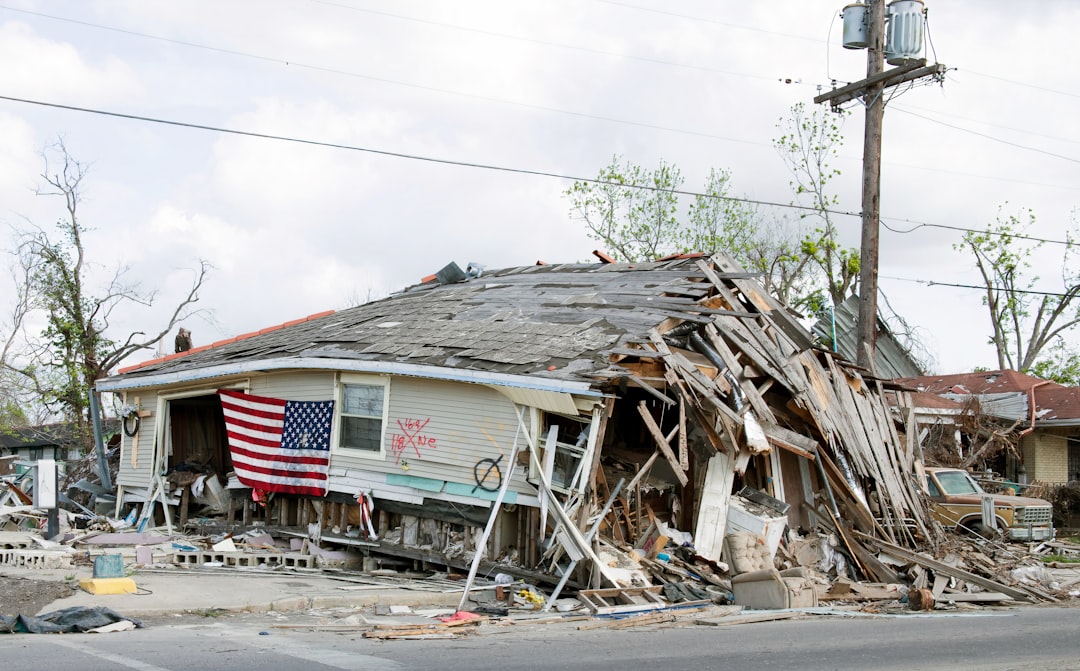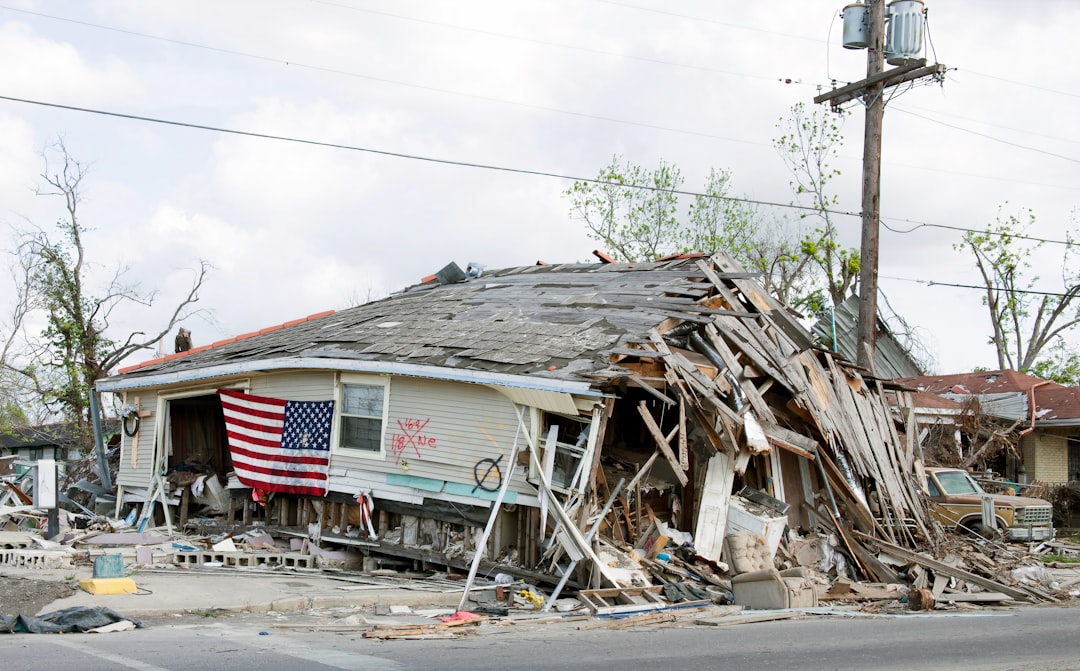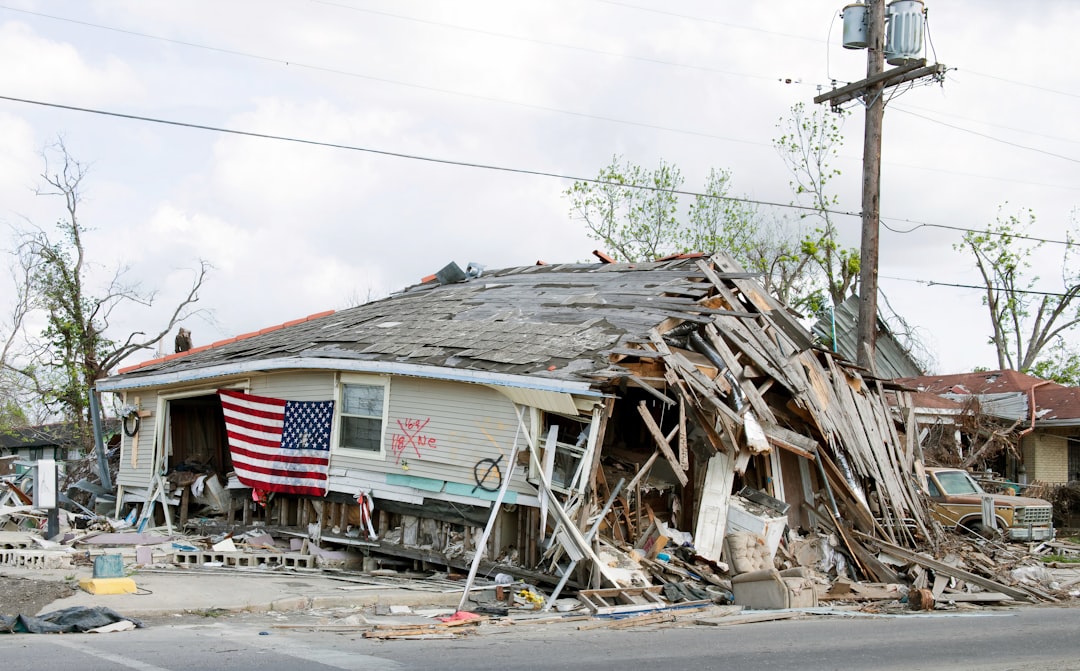Poultry farmers in Louisiana must understand and comply with No Call Laws to avoid legal trouble and community backlash. They should obtain consent before making business-related calls, respect exclusion requests, and adhere to state regulations, engaging specialized No Call Lawyers or Attorneys for tailored guidance. These experts navigate spam call legislation, educate farmers on rights/responsibilities, and ensure compliance to maintain professional relationships and protect privacy. Interactive workshops, regular updates, and case studies can further simplify these complex laws. When choosing a lawyer, prioritize those specializing in telecommunications and consumer protection with a proven track record.
In Louisiana’s poultry industry, understanding and adhering to no-call rights and responsibilities is paramount. This comprehensive guide aims to equip farmers with essential knowledge about the state’s spam call laws, specifically focusing on the role of a no-call lawyer in Louisiana. We’ll explore practical strategies for education and compliance, along with expert tips on choosing the right no-call law firm, ensuring poultry farmers stay informed and protected under no-call laws. Discover how to navigate this crucial aspect of modern farming effectively.
Understanding No Call Rights and Responsibilities for Poultry Farmers in Louisiana

In Louisiana, poultry farmers need to be aware of their No Call Rights and Responsibilities to avoid legal issues and maintain a positive relationship with their community. The No Call Law, designed to protect residents from unwanted phone calls, especially those deemed as spam or telemarketing, also applies to agricultural businesses. Understanding these laws is crucial for poultry farmers to ensure they are not inadvertently violating any regulations. A No Call Lawyer Louisiana or No Call Attorney Louisiana can provide expert guidance on navigating these legal requirements.
Farmers must be mindful of their obligations under the No Call Laws Louisiana. This includes obtaining proper consent before making phone calls related to business activities, respecting requests for exclusion from marketing lists, and ensuring that communication methods adhere to state regulations. By adhering to these guidelines, poultry farmers can protect themselves legally and foster a harmonious environment within their community. Engaging the services of a Spam Call law firm Louisiana or No Call law firms Louisiana specializing in these laws can offer valuable insights tailored to the unique needs of agricultural businesses.
The Role of a No Call Lawyer/Attorney in Navigating Spam Call Laws in Louisiana

In Louisiana, navigating the complex landscape of no-call laws can be a daunting task for poultry farmers looking to protect their privacy and avoid unwanted calls. This is where a specialized No Call Lawyer or Attorney steps in as an indispensable ally. These legal professionals are well-versed in the intricacies of state legislation regarding spam calls and have extensive experience representing clients in various industries, including agriculture. They play a crucial role in educating poultry farmers on their rights and responsibilities under Louisiana’s no-call laws, ensuring compliance to avoid costly penalties.
A No Call Lawyer in Louisiana can offer tailored guidance, helping farmers understand the permitted uses of telephone communication for marketing or telemarketing purposes. They can draft and review no-call policies, ensure proper documentation is in place, and represent clients in case of disputes or investigations related to spam calls. By engaging the services of a competent No Call Attorney, poultry farmers can confidently assert their rights, protect themselves from legal repercussions, and maintain a professional and respectful relationship with their customers.
Practical Strategies to Effectively Educate and Comply with No Call Laws

Educating poultry farmers about their rights and responsibilities under No Call laws is essential to ensure compliance and mitigate potential legal issues. One effective strategy is to organize interactive workshops or webinars specifically tailored to the industry, featuring presentations from experienced No Call lawyers in Louisiana. These sessions can break down complex regulations into digestible information, addressing common concerns related to poultry farming practices. By providing practical insights, farmers can learn how to navigate calls and messages effectively, including recognizing legitimate calls from potential customers versus spam or unwanted calls.
Additionally, establishing a clear communication channel with local No Call law firms in Louisiana can offer ongoing support. Farmers can benefit from regular updates, newsletters, or Q&A sessions conducted by these legal experts. Incorporating real-life case studies and scenarios will help farmers understand the practical implications of No Call laws. Encouraging open dialogue and providing readily accessible resources ensure that poultry farmers are well-equipped to handle any challenges related to no call rights and responsibilities, fostering a culture of compliance within the industry.
Selecting the Right No Call Law Firm: Tips for Louisiana Poultry Farmers

When selecting a no call law firm in Louisiana, poultry farmers should look for attorneys who specialize in telecommunications and consumer protection laws. It’s crucial to choose a lawyer with extensive experience handling spam call cases, as this ensures they understand the nuances of no-call laws specific to Louisiana. Many reputable firms offer consultations, providing an excellent opportunity to assess their expertise and approach.
Farmers should seek out law offices that have a proven track record of success in defending clients’ rights under the state’s no-call laws. Look for attorneys who are active participants in relevant industry associations and stay updated on changing regulations. Additionally, consider firms with a strong reputation for effective communication and client satisfaction to ensure proper guidance and representation during legal matters related to no call laws.






